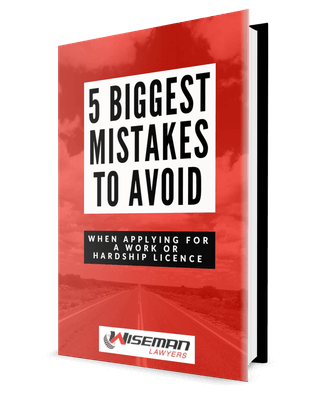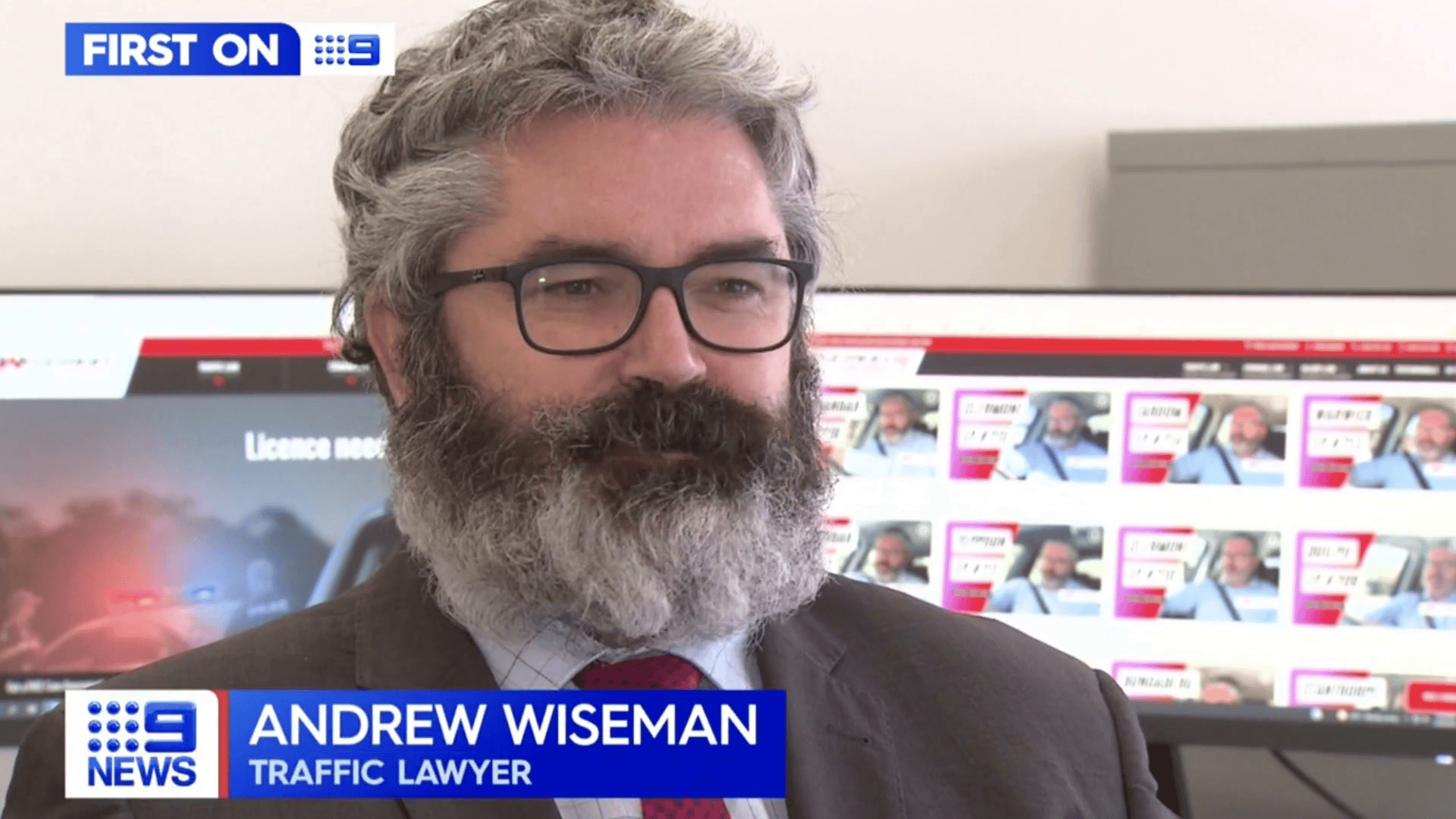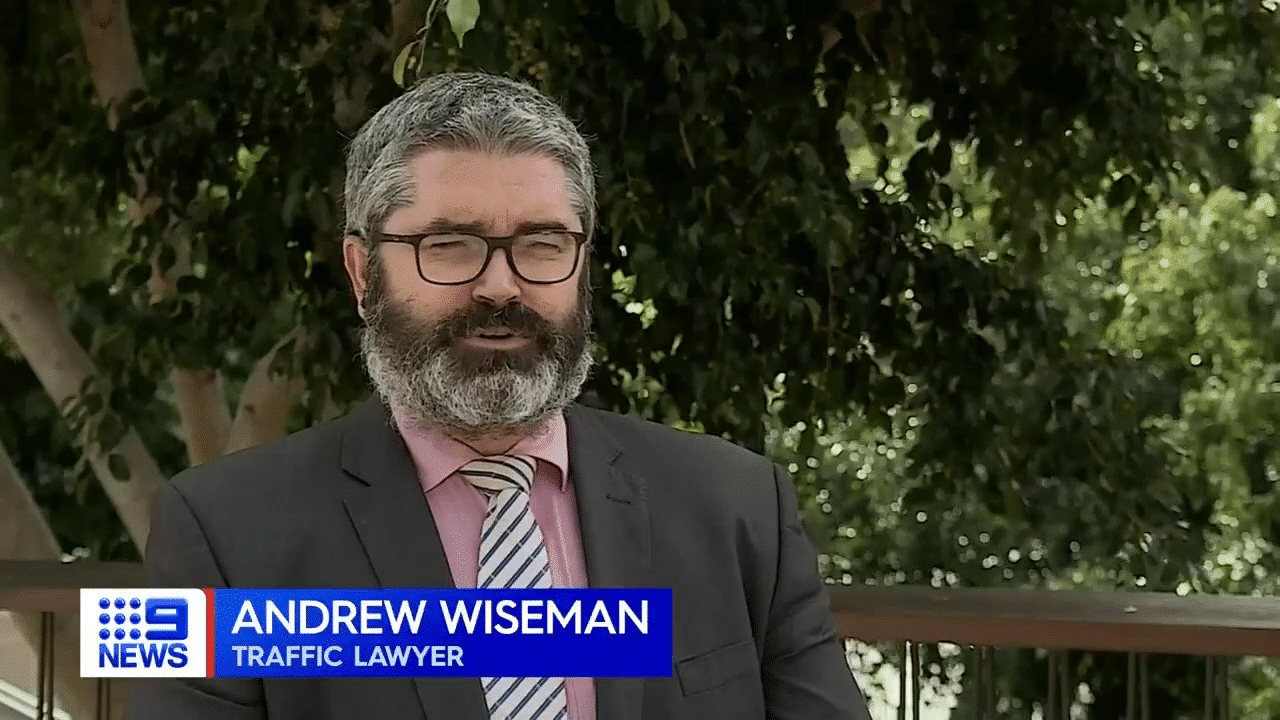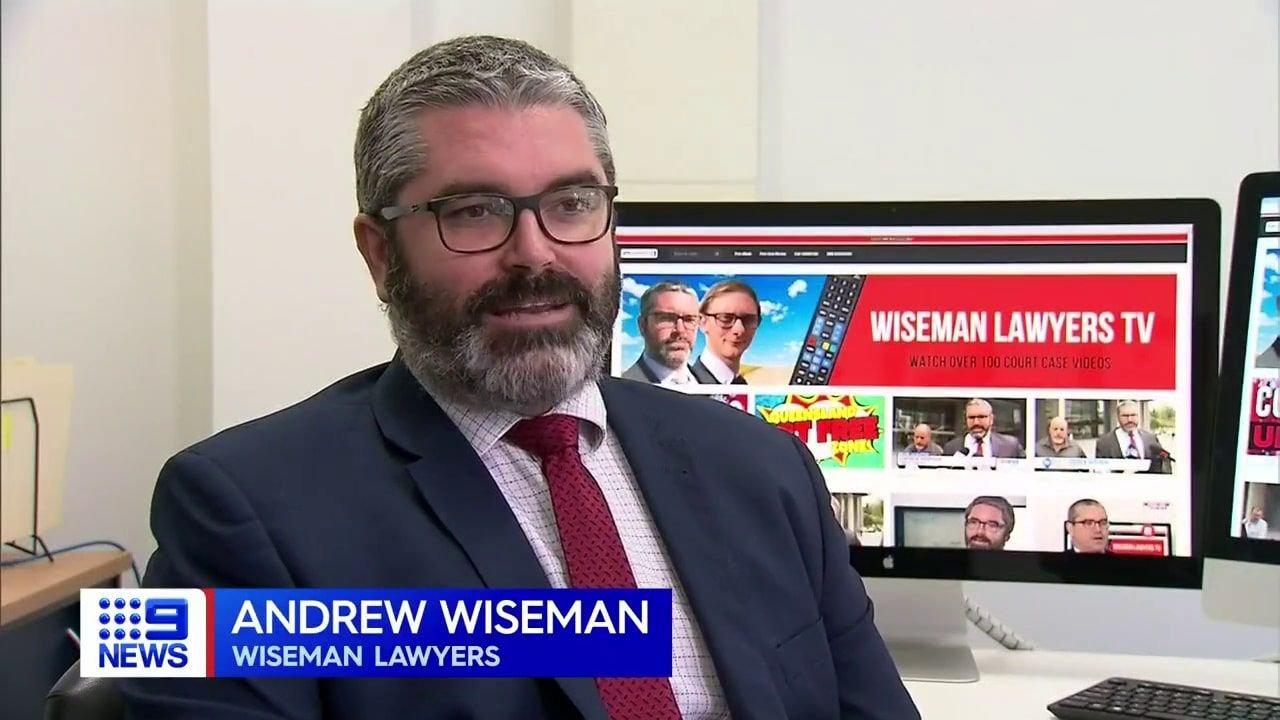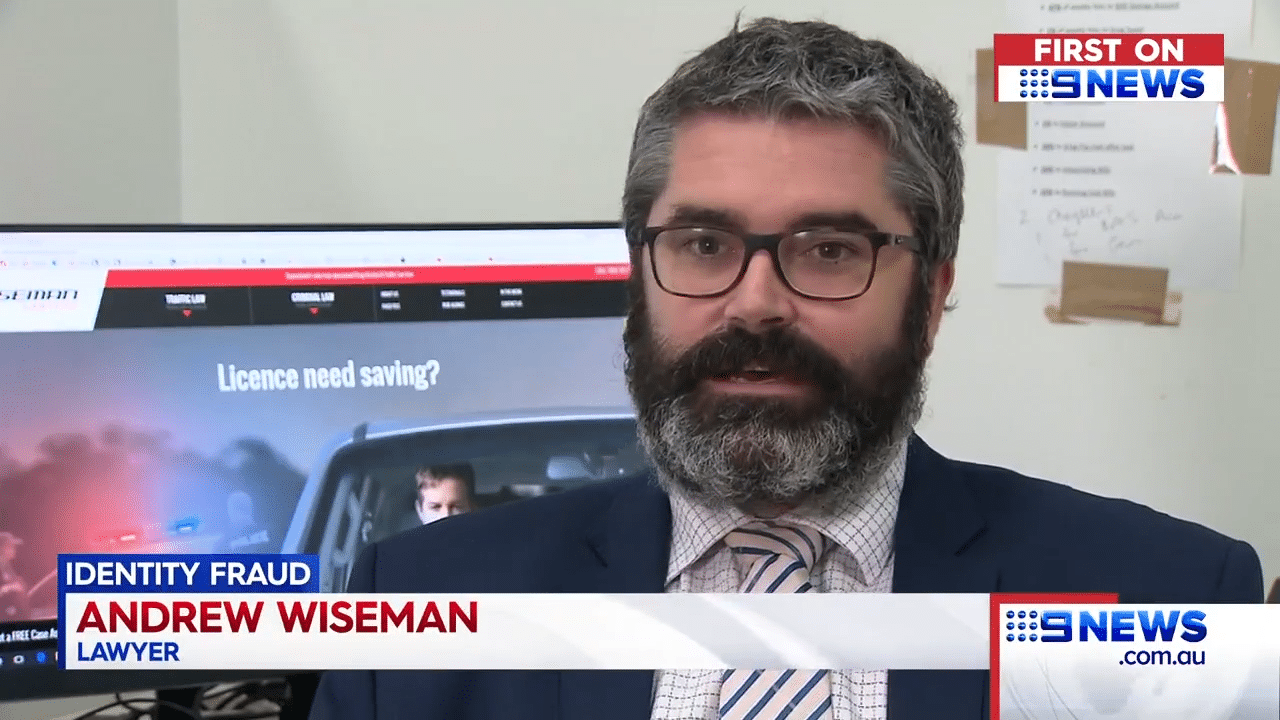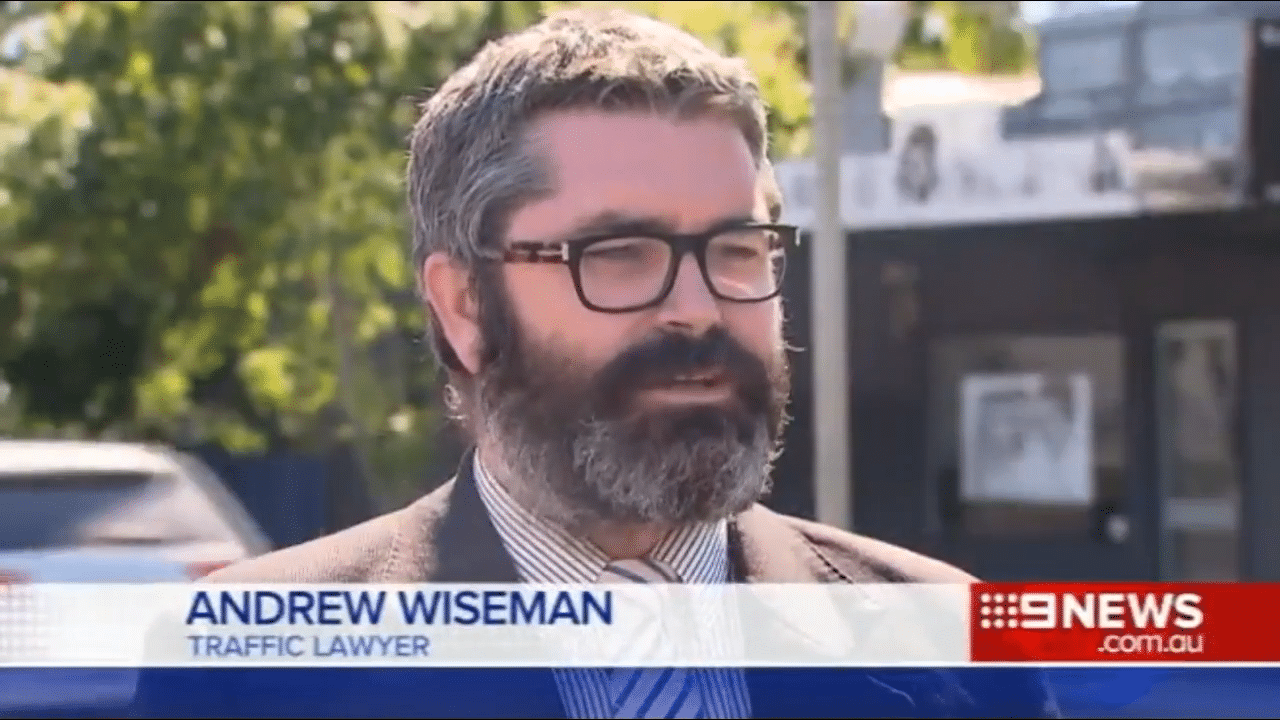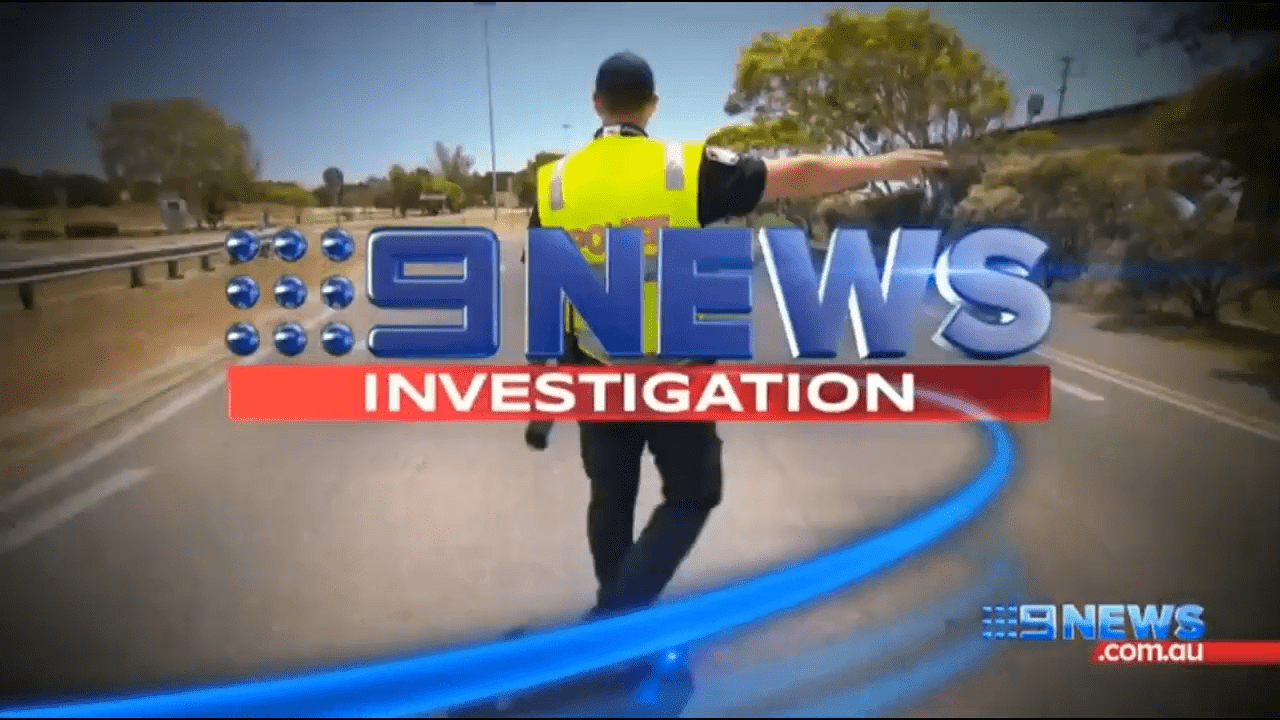Join Wiseman Lawyers Traffic Lawyer Andrew Wiseman at St George Magistrates Court as he represents a client charged with Drink Driving. Watch Andrew explain what happened in the courtroom, along with the outcome which he achieved and how he achieved it.
All right, today I’m at St George Magistrates Court. It’s about a five and a half hour drive west to Brisbane. So I drove up yesterday, stayed at St George last night, met the client this morning. Basically my client was charged with mid range drink driving, reading at 0.146. So mid range starts at 0.100, ends at 0.149. Once you hit 0.150 it’s high range. To be eligible to apply for a work licence, you need to be 0.149 or below, and you can’t have lost your licence in the last five years. And there’s a few other eligibility requirements you need to satisfy. But basically 0.149 and below. But as I said, my client was 0.146, so just slid in eligibility wise by a whisker. So again, 0.146, so he was 0.149 or below. Hadn’t lost his licence in the last five years. He’s the holder of an open Queensland licence, so he was eligible to apply for a drink driving work licence, albeit only just.
Worst case for mid-range is a 12 month disqualification, manage [inaudible] three months. But when you apply for a work licence, if successful and it’s granted, the magistrate has the discretion to double the disqualification he’d otherwise give. So basically the maximum becomes two years and the minimum six. Obviously that’s a range based on 0.100. So if you apply for a work licence and you’re successful with a reading of 0.100, six months with a work licence would be an expected outcome. And technically you can get up to two years if you were given a work licence. I won’t talk about client does for a living, but he lives in St George and he’s in a role where he’s required to drive throughout the extended Shire. So if he was to lose his licence, he would lose his job. And obviously if you live out here and you don’t have a job or a licence, your life’s going to go down pretty quickly, as far as quality of life goes.
So anyway, I was instructed to apply for a DUI, drink driving work licence. Basically what you need to do there is, if you’re not self-employed, an affidavit needs to be drafted for you to sign. Ours generally go for about eight to 10 pages, covering a number of things. But in a nutshell, talking about the financial hardship your going to suffer if you lose your licence, as well as a number of other key points. We also need to draught an affidavit for your employer to sign, generally that one’s about four pages. And again, it covers a number of issues. But the short version is it needs to state the outcome… Sorry, the consequences of a loss of licence, meaning you’re going to lose your job. It needs to be black and white on that, it can’t be a case of… You can’t use vague language or fence it, the employee needs to state this is what will happen if you lose your licence.
And I mean, if you’re not going to lose your job, great. You don’t need a work licence, and it’s good news that you’re not going to lose your licence but… Sorry, your job. But if you are going to lose your job if you lose your licence, the employer needs to state that. It can’t be fence sitting or, “We’ll assess that after the court,” or anything like that. It needs to be, “If he loses his licence on the day of court, this is what we’re going to do.” And if you’ve got an employer that’s caging and won’t cooperate, or won’t give you a straight answer, and a lot of the times in government or large national companies, HR divisions do try to muddy the waters and won’t commit.
The alternative there is I can summon the employer to give evidence. And what that means is, well fine, if you don’t want to draught or sign an affidavit, here’s a summons that a process server will serve upon your employer. The employer needs to be in court on this date. And if you’re not there, meaning if the employer’s not there, the magistrate’s got the discretion to issue a warrant for the employer’s arrest. So lot of employers wrongly think that by refusing to sign an affidavit is the end of the matter. Well, no, fine, they do an affidavit. See you at court, here’s your summons. But that wasn’t the case today. The client’s employer was very cooperative, but I’m just spelling out the options for how evidence can be given by the employer.
So anyway, I drafted all these documents. Well, he engaged us about 10 days ago, we got on it pretty quickly. Drafted all the documents, filed it with the court in advance. We got into the reformatory course we get all of our clients to do, and got him to get references based on a template we give all of our clients. Again, drove up yesterday. Met the client this morning. I ran through the procedure with him, what he can expect to happen in the courtroom, what I’m going to say, what the magistrate’s likely to say, what the prosecutors likely to say, or at least the questions they’re going to ask I should say. You never know what’s going to be said in the courtroom, but obviously if you dance to the same tune long enough, you pick up on expected nuances or directions of questioning, et cetera.
I had to speak quite a bit, partly because the magistrate wanted elements of the affidavit to be sort of verbally fleshed out a bit, which isn’t unusual. And plus, for a number of reasons, I wanted to get no conviction recorded. As I said, I spoke for quite a while, but ultimately the application was successful. As I said, technically the worst case with a work licence granted is a two year disqualification. Technically it’s minimum six months with a work licence granted. My client was given a eight month disqualification, which basically equates to four months if there wasn’t a work licence. And for a reading of 0.146 that’s a very good outcome. I’m very happy with it.
The magistrate ordered there be no conviction recorded. So a eight months disqualification, no conviction recorded. There was a modest fine imposed and a work licence was granted. So he can continue to drive during the eight months for work purposes only, 4:00 AM to 9:00 PM, seven days a week. So obviously he’s going to keep his job and maintain his income and his livelihood and not end up on the unemployment line. Again, that outcome summarised again, eight month disqualification, modest fine, no conviction recorded, work licence granted. Clients very happy. I’m Andrew Wiseman at St George Magistrates Court, thanks for watching.
